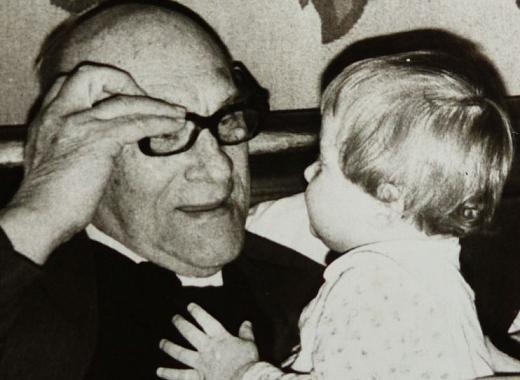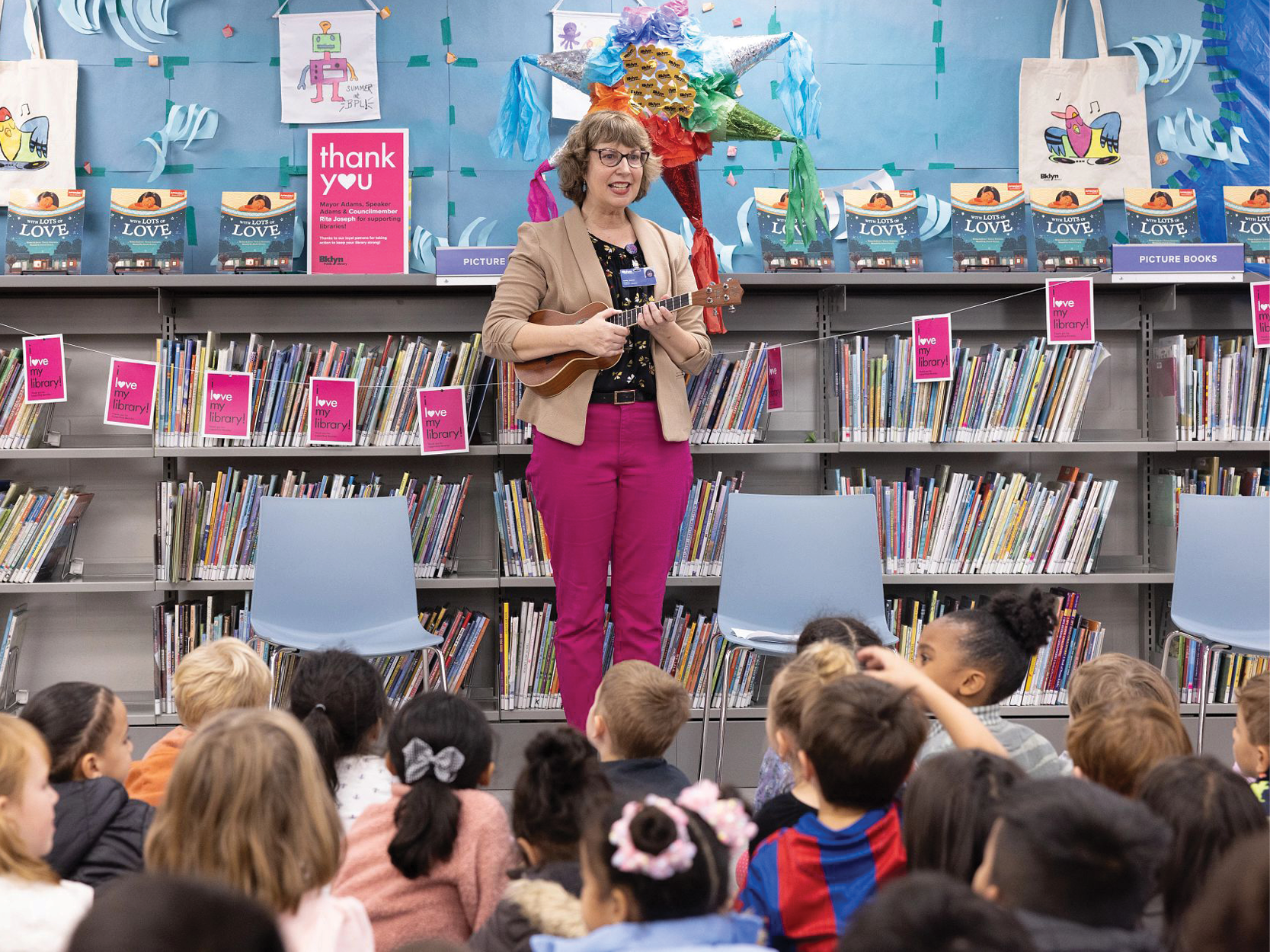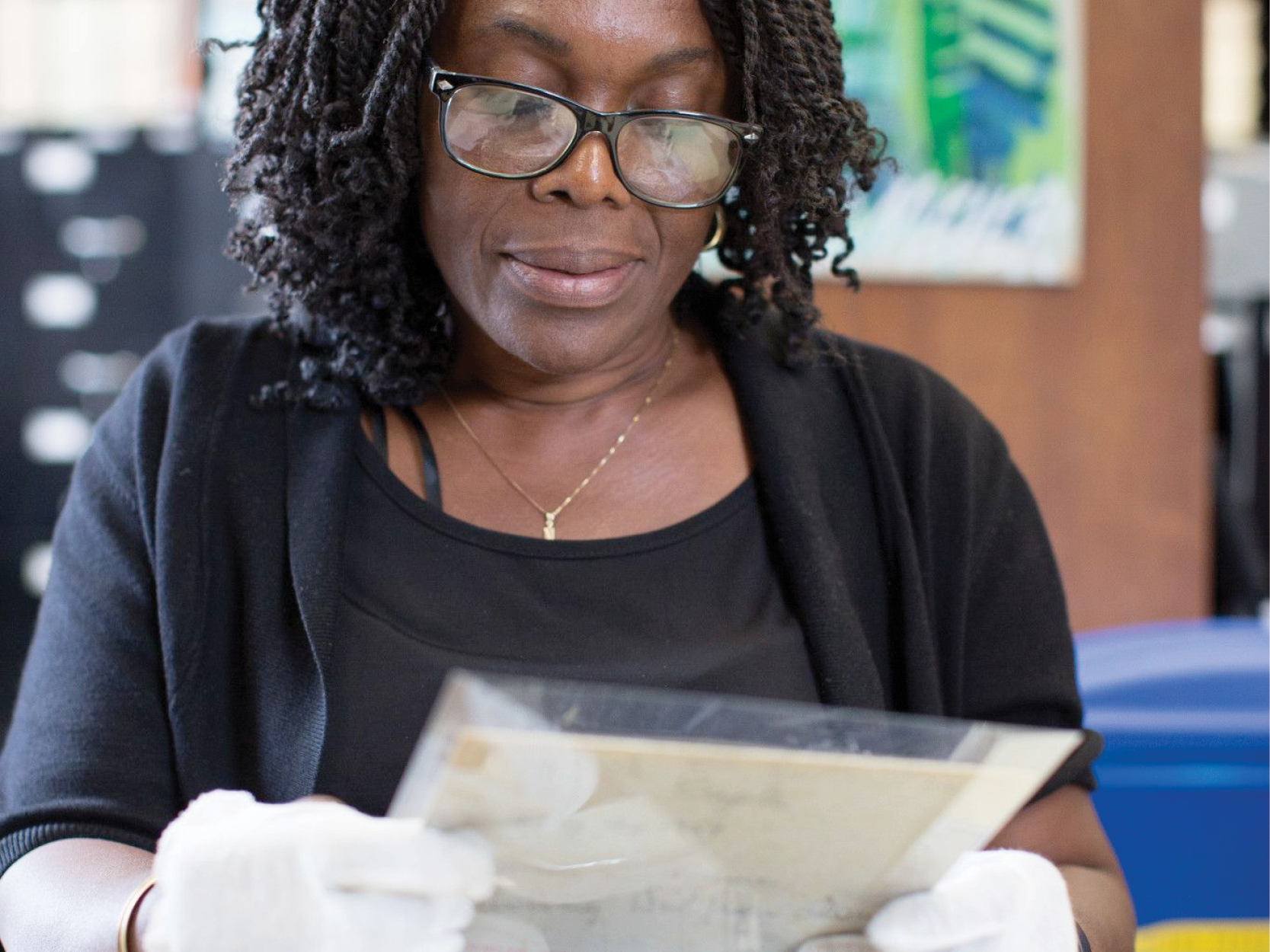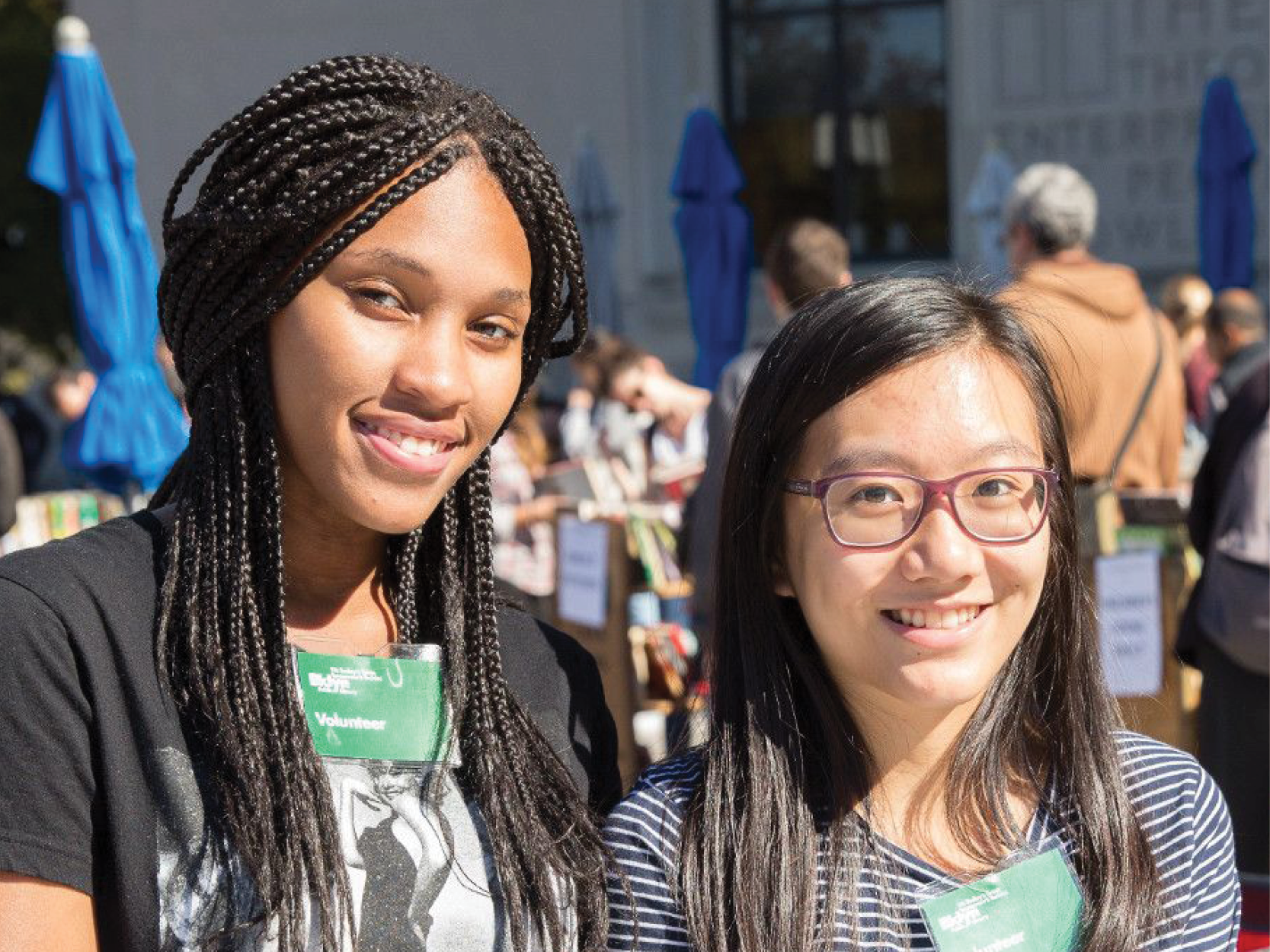Jaroslaw Iwaszkiewicz: European Artist in a Divided Europe
Jaroslaw Iwaszkiewicz, Polish poet, writer, and essayist saw European culture as a whole. He also never doubted that being Polish means to be a European. Sartre and Croce, as well as Balzac and Chesterton, were just as important to him as Akhmatova, Dostoevsky, and Blok. He wrote many times that eastern and western values and traditions are only contributing to our identity by overlapping each other. However, he was always aware of the East's incompatibility with the West: he saw as a tragedy all political events that had distanced the East from the West, such as the Russian Revolution or the Cold War division of the world.
Did Iwaszkiewicz realize the ambiguous role he played in Polish literature? Was his bitterness which accompanied him often, especially at the end of his life, connected with the impossibility of gluing together the broken goblet of European culture, from which he used to draw out with such joy throughout his life? Perhaps he would have died happier if he witnessed the fall of the Berlin Wall, the collapse of the USSR and the prospect of European integration opening up for Poland.
On the 125th anniversary of the birth of the outstanding poet and writer JarosławIwaszkiewicz, we invite you to Ludwika Wlodek’s, his great granddaughter, lecture.
Ludwika Włodek is a sociologist, publicist, reporter, and also a specialist of Central Asia and lecturer at the Centre for the East European Studies of the Warsaw University. Ms. Włodek has written several book such as; "Pra", published in 2012, which is the story of Jaroslaw Iwaszkiewicz's family, “Cztery sztandary, jeden adres" ("Four Flags, One Address"), 2017, the history of Spisz, a region in north-eastern Slovakia, with a very small area in south-eastern Poland and a collection of essays on Central Asia, titled "Wystarczy przejść przez rzekę" ("Just Go Through the River"), 2014. Ms. Włodek is a great-grand-daughter of Jarosław Iwaszkiewicz, the Polish poet, essayist, dramatist, and writer. Mr. Iwaszkiewicz is mostly recognized for his literary achievements in poetry before World War II, but also criticized as a long-term political opportunist in communist Poland.
Lecture is conducted in Polish.

Jaroslaw Iwaszkiewicz, Polish poet, writer, and essayist saw European culture as a whole. He also never doubted that being Polish means to be a European. Sartre and Croce, as well as Balzac and Chesterton, were just as important to him as Akhmatova, Dostoevsky, and Blok. He wrote many times that eastern and western values and traditions are only contributing to our identity by overlapping each other. However, he was always aware of the East's incompatibility with the West: he saw as a tragedy all political events that had distanced the East from the West, such as the Russian Revolution or the Cold War division of the world.
Did Iwaszkiewicz realize the ambiguous role he played in Polish literature? Was his bitterness which accompanied him often, especially at the end of his life, connected with the impossibility of gluing together the broken goblet of European culture, from which he used to draw out with such joy throughout his life? Perhaps he would have died happier if he witnessed the fall of the Berlin Wall, the collapse of the USSR and the prospect of European integration opening up for Poland.
On the 125th anniversary of the birth of the outstanding poet and writer JarosławIwaszkiewicz, we invite you to Ludwika Wlodek’s, his great granddaughter, lecture.
Brooklyn Public Library - Central Library, Info Commons Lab MM/DD/YYYY 60





